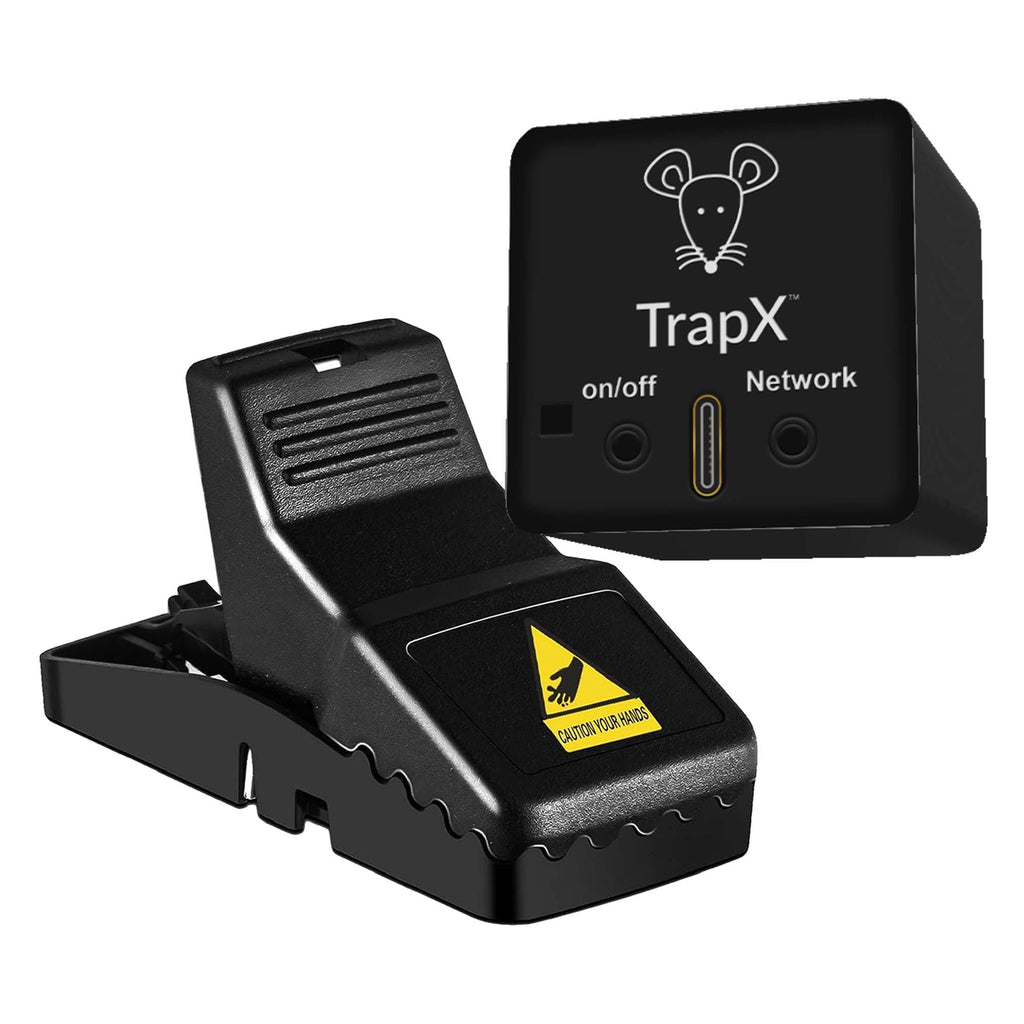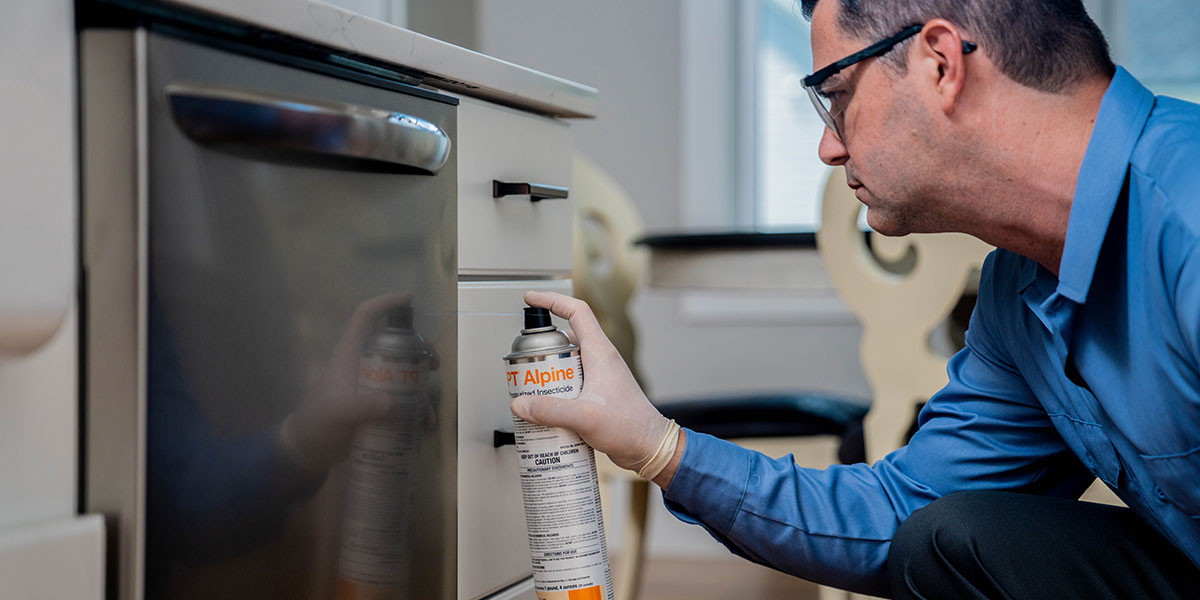How to Prepare for Pest Control Spray in Your Home?
Share
Pest control is a vital aspect of maintaining a clean and healthy environment. When the time comes to schedule a pest control spray, it's crucial to be adequately prepared. Understanding how to prepare for pest control spray will help ensure the process is effective and safe for everyone in your home.
Before getting into the nitty-gritty, its essential to grasp the significance of pest control. Pests not only damage our homes but can also pose health risks to us and our loved ones. Therefore, knowing the right preparation steps is crucial.

What to Do Before Pest Control Spray?
Being proactive is the best approach when prepping for a pest control spray. Here are a few steps you should follow:
1. Clear the Area
Start by removing any items from the areas that will be treated. This can include toys, furniture, and pet food bowls. Clear spaces allow the pest control professional to apply treatments without any obstructions.
2. Vacuum and Clean
A thorough cleaning before the spray helps eliminate any food particles and residues that might attract pests. Vacuum carpets, sweep floors, and wipe down surfaces to create a less inviting environment for pests.

What to Protect?
Next, consider what needs protection during the pest control process. Safeguarding your valuables and living spaces is crucial:
1. Food and Dishes
Ensure that all food items are sealed and stored away. Kitchen countertops should also be cleared of dishes and utensils. This precaution prevents contamination during the spray process.
2. Pets and Plants
Protect pets by relocating them to a different area, preferably outside or in a safe room that is not being treated. Similarly, any indoor plants should be moved to prevent damage from the chemicals used in pest control. For more details on suitable treatment models, check out this effective spraying guide.

Understanding the Products Used in Pest Control
It's helpful to understand what is going into the spray process. Many pest control sprays contain active ingredients designed to target specific pests while minimizing harm to humans and animals. To learn about what compositions to expect in pest control sprays, refer to this article on whats in pest control spray.
Importance of Timing
Scheduling your pest control spray at a time that minimizes disruption is crucial. Early morning or late afternoon treatments often work best for homeowners. To determine how often you should schedule treatments, visit this pest control schedule guide.

Indoor vs. Outdoor Treatments
Understand whether your treatment will be indoor or outdoor. Indoor sprays usually target bugs like roaches or ants, while outdoor sprays focus on larger pests like termites or mosquitoes.
What Happens After the Spray?
After the pest control spray is completed, avoid cleaning the treated areas for at least 24 hours. This allows the spray to take full effect. Additionally, consider ventilating your home to help dissipate any lingering odors from the chemicals used.
Frequently Asked Questions
-
Q: How long should I stay out after a pest spray?
A: Generally, it's recommended to stay out for 2-4 hours, depending on the spray used. -
Q: Can I spray for pests myself?
A: While DIY sprays can be effective, its advised to have a professional for severe infestations. -
Q: Is pest control spray safe for children?
A: Yes, but precautions should be taken to keep children away from treated areas until they are safe.
To conclude, knowing how to prepare for pest control spray is essential for a smooth and effective pest control experience. From clearing the area to understanding the products used, proactive steps ensure you create a safer environment for your family.
As an Amazon Associate, I earn from qualifying purchases.
